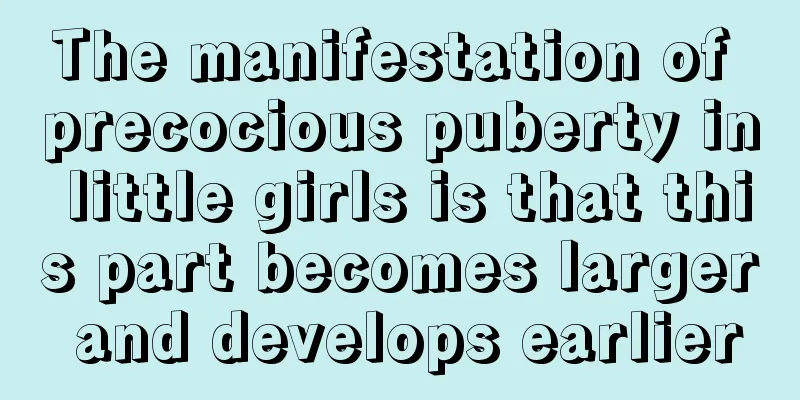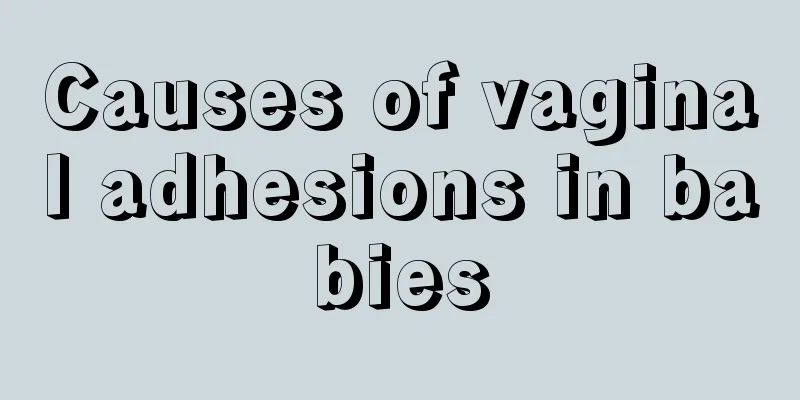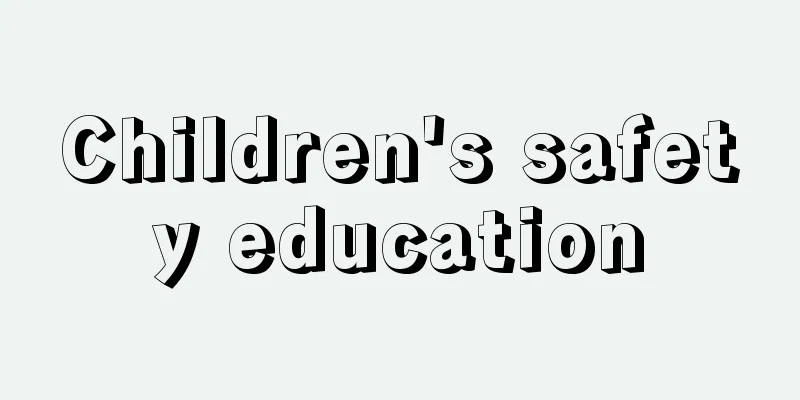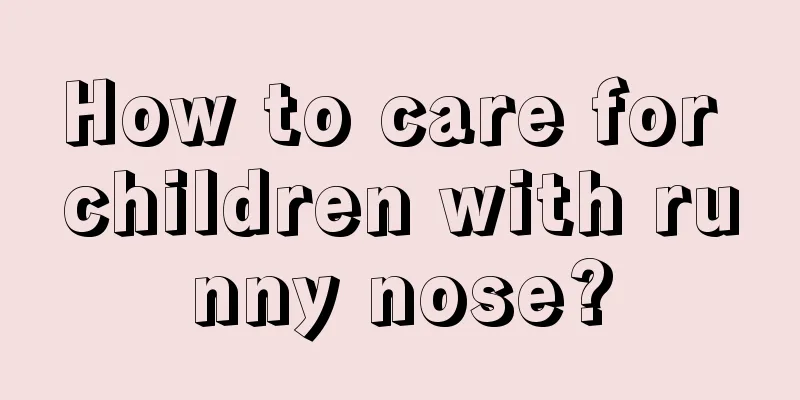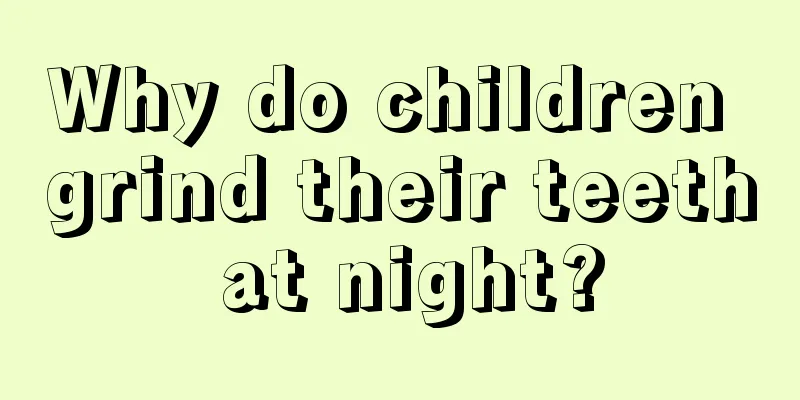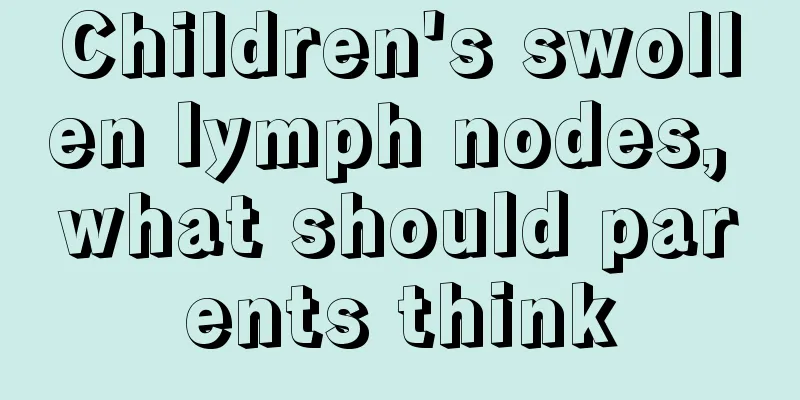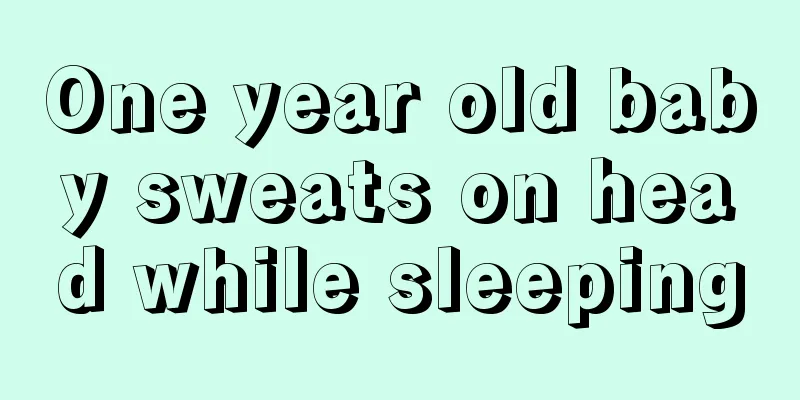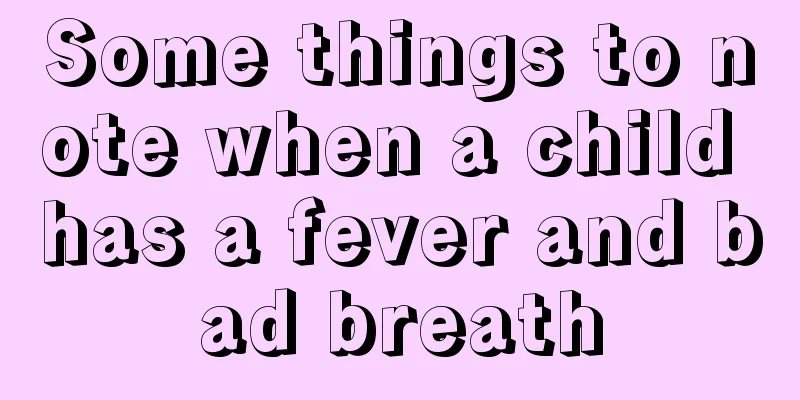What causes dizziness in a 12-year-old child?
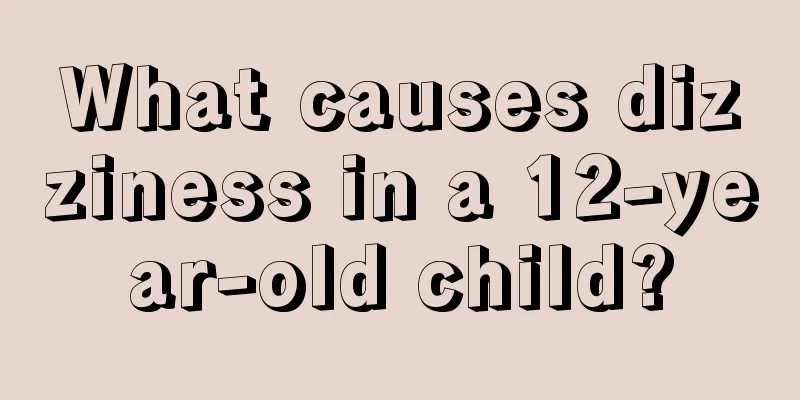
|
In the pediatric department of all hospitals, there are a lot of children coming to see doctors every day. Different children may have different symptoms. After all, children's bodies are not yet fully developed, and they must receive correct treatment if they suffer from diseases, otherwise it will affect the normal growth of children. So, in clinical practice, a child as young as twelve suddenly developed symptoms of dizziness. Why? First: Syncope refers to a transient loss of consciousness due to a brief lack of blood supply to the brain, often accompanied by decreased or loss of muscle tone and inability to maintain independent posture. It is characterized by rapid onset, short duration, and spontaneous recovery. Syncope is a common emergency in children. Domestic data show that 20-30% of children aged 5-18 have experienced syncope at least once, with the incidence rate in girls being higher than in boys. Second: Syncope can be caused by many reasons, mainly including autonomic nervous system-mediated syncope, cardiac syncope and syncope of unknown cause. Among them, autonomic nervous system-mediated syncope is the most common underlying disease in children with syncope, accounting for about 70-80%, including vasovagal syncope, postural tachycardia syndrome, orthostatic hypotension, orthostatic hypertension, situational syncope, etc., most of which are functional diseases. Children with autonomic nervous system-mediated syncope are more common in adolescent girls. The attack usually occurs in a standing position. There are obvious triggers before the attack, such as standing for a long time, a stuffy environment, mental stress, etc., and there are often significant pre-syncope symptoms, such as dizziness, blurred vision, nausea, vomiting, etc. before the attack. Third: The treatment of syncope in children should be based on the basic principles of standardization, etiology, and individualization, with the main goals of preventing the recurrence of syncope and the harm caused by syncope, reducing the risk of death and improving the quality of life. Treatment measures include autonomic nervous function training and physical therapy, increased salt and fluid intake, drug therapy, pacing therapy, radiofrequency ablation therapy, etc. Precautions In short, there are many causes of syncope in children, autonomic nervous system-mediated syncope is the most common, and cardiac syncope is the most dangerous. Children with repeated syncope should be taken seriously and taken to the hospital in time. After the cause is determined, they should receive treatment under the guidance of a doctor to prevent recurrence. |
<<: Is it better for baby's feet to be cool or warm?
>>: Baby cervical spine development
Recommend
How to deal with children's eye mucus in the morning
I believe everyone must be very familiar with eye...
What to do if a 3-year-old child doesn't like to eat?
After the child starts eating, he usually doesn&#...
6 month old baby diarrhea
A 6-month-old baby is still very young, and diarr...
How to treat chronic rhinitis in babies?
I believe many friends have heard of chronic rhin...
Who does a boy inherit more genes from?
I believe that everyone is familiar with genetics...
The child's face is swollen
Everyone hopes to have a complete and non-swollen...
Will spanking a child's back hurt him?
Some babies are very naughty at ordinary times. S...
Three major points to note when caring for premature babies weighing three pounds
There are many premature babies who weigh only th...
How to solve the problem of chapped lips in children
There are many reasons for children's chapped...
What to do if your child is a little introverted
The formation of a child’s personality is influen...
Is it better for boys to develop early or late?
The physical development of children is a very co...
What should I do if my baby doesn't sleep at night?
Female friends who have just become mothers will ...
How to clear throat for children
Many parents find that their children clear their...
Fluid intake per hour for children
Children often suffer from symptoms of cold and f...
Symptoms of a fever
Fever is not only caused by some colds, it may be...
